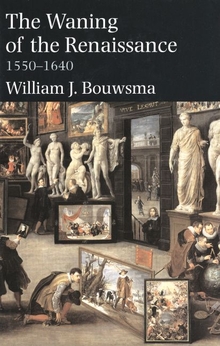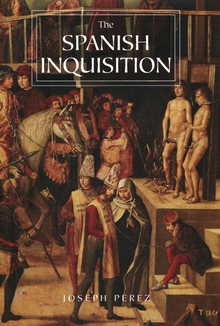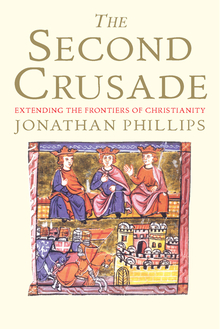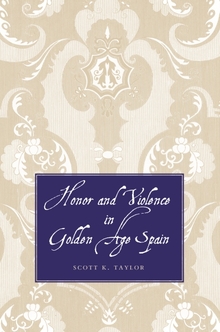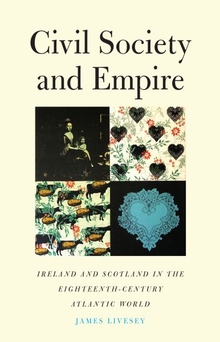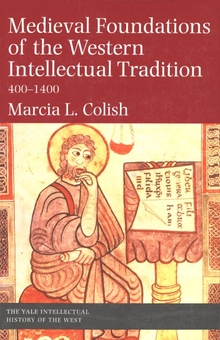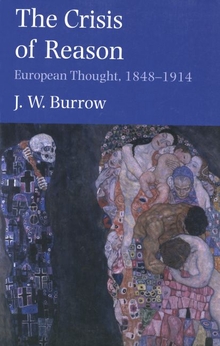The Waning of the Renaissance, 1550-1640
WARNING
You are viewing an older version of the Yalebooks website. Please visit out new website with more updated information and a better user experience: https://www.yalebooks.com
William J. Bouwsma
Out of Print
Historians have conventionally viewed intellectual and artistic achievement as a seamless progression in a single direction, with the Renaissance, as identified by Jacob Burckhardt, as the root and foundation of modern culture. But in this brilliant new analysis William Bouwsma rethinks the accepted view, arguing that while the Renaissance had a beginning and, unquestionably, a climax, it also had an ending.
Examining the careers of some of the greatest figures of the age—Montaigne, Galileo, Jonson, Descartes, Hooker, Shakespeare, and Cervantes among many others—Bouwsma perceives in their work a growing sense of doubt and anxiety about the modern world. He considers first those features of modern European culture generally associated with the traditional Renaissance, features which reached their climax in the late sixteenth and early seventeenth centuries. But even as the movements of the Renaissance gathered strength, simultaneous impulses operated in a contrary direction. Bouwsma identifies a growing concern with personal identity, shifts in the interests of major thinkers, a decline in confidence about the future, and a heightening of anxiety.
Exploring the fluctuating and sometimes contradictory atmosphere in which Renaissance artists and thinkers operated, Bouwsma shows how the very liberation from old boundaries and modes of expression that characterized the Renaissance became itself increasingly stifling and destructive. By drawing attention to the waning of the Renaissance culture of freedom and creativity, Bouwsma offers a wholly new and intriguing interpretation of the place of the European Renaissance in modern culture.
Examining the careers of some of the greatest figures of the age—Montaigne, Galileo, Jonson, Descartes, Hooker, Shakespeare, and Cervantes among many others—Bouwsma perceives in their work a growing sense of doubt and anxiety about the modern world. He considers first those features of modern European culture generally associated with the traditional Renaissance, features which reached their climax in the late sixteenth and early seventeenth centuries. But even as the movements of the Renaissance gathered strength, simultaneous impulses operated in a contrary direction. Bouwsma identifies a growing concern with personal identity, shifts in the interests of major thinkers, a decline in confidence about the future, and a heightening of anxiety.
Exploring the fluctuating and sometimes contradictory atmosphere in which Renaissance artists and thinkers operated, Bouwsma shows how the very liberation from old boundaries and modes of expression that characterized the Renaissance became itself increasingly stifling and destructive. By drawing attention to the waning of the Renaissance culture of freedom and creativity, Bouwsma offers a wholly new and intriguing interpretation of the place of the European Renaissance in modern culture.
William J. Bouwsma was Sather Professor of History at the University of California, Berkeley. He is the author of Venice and the Defense of Republican Liberty, John Calvin, and A Usable Past, among other books.
A selection of Readers’ Subscription
ISBN: 9780300085372
Publication Date: January 11, 2001
Publication Date: January 11, 2001
304 pages, 6 1/8 x 9 1/4
20 b/w illus.
20 b/w illus.

